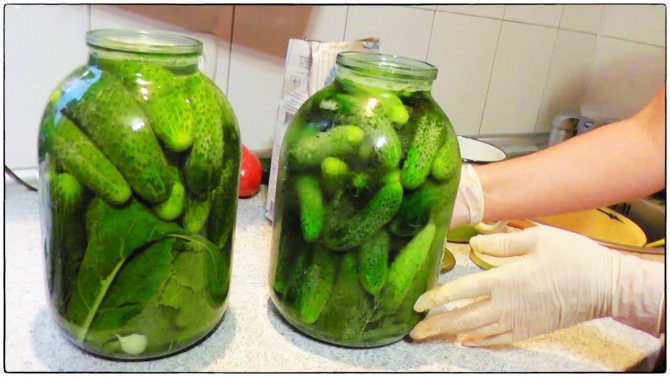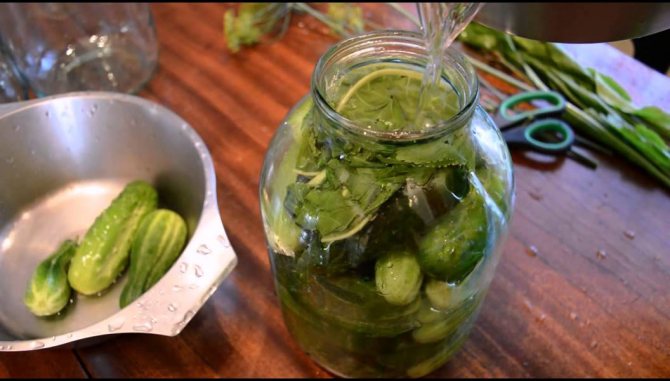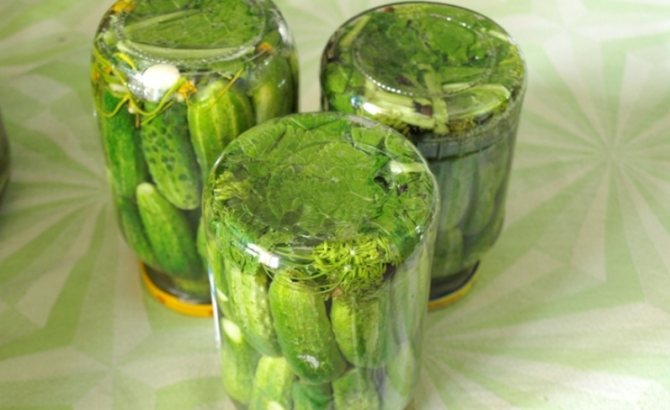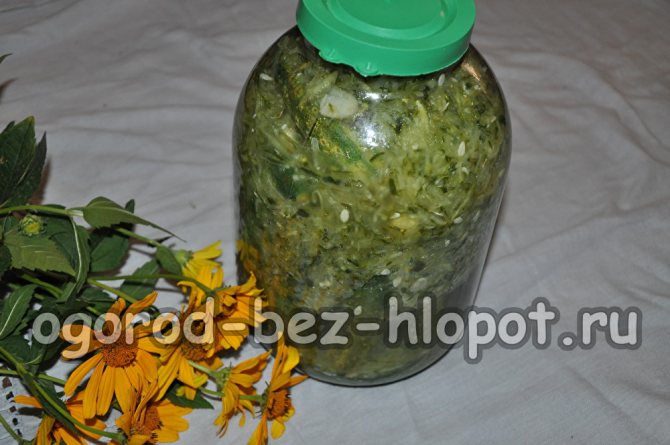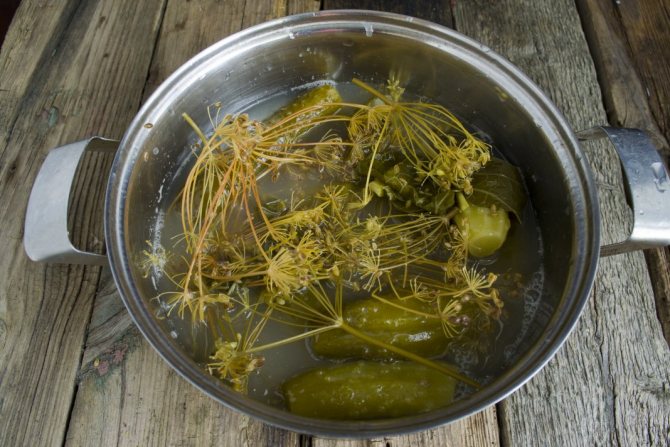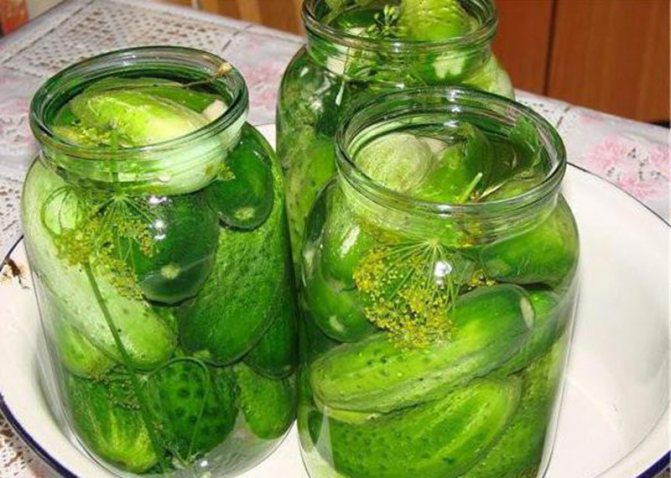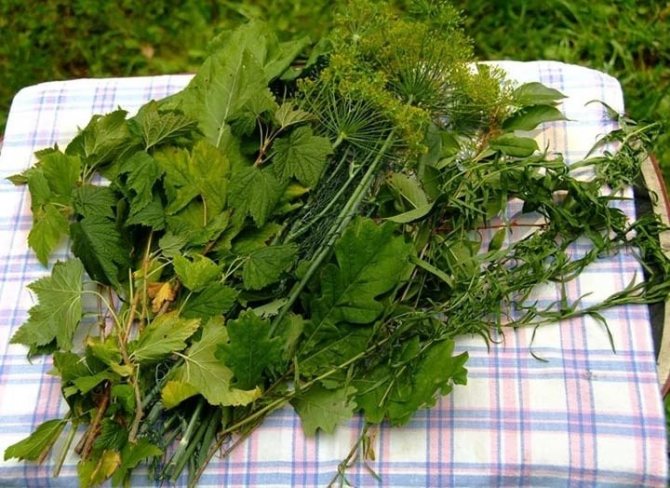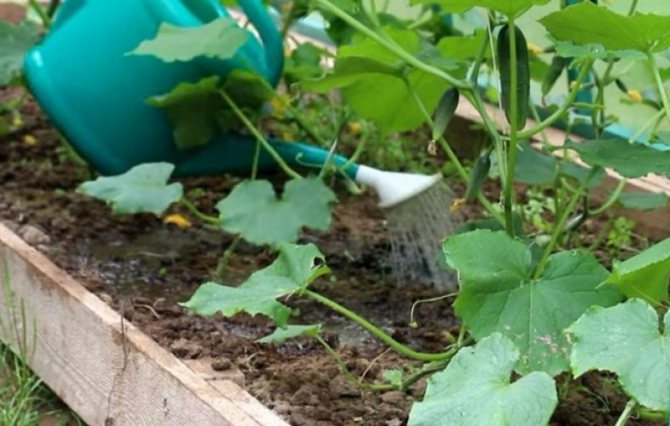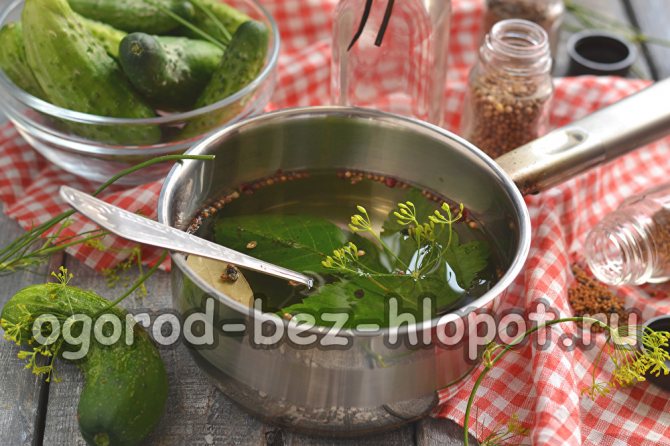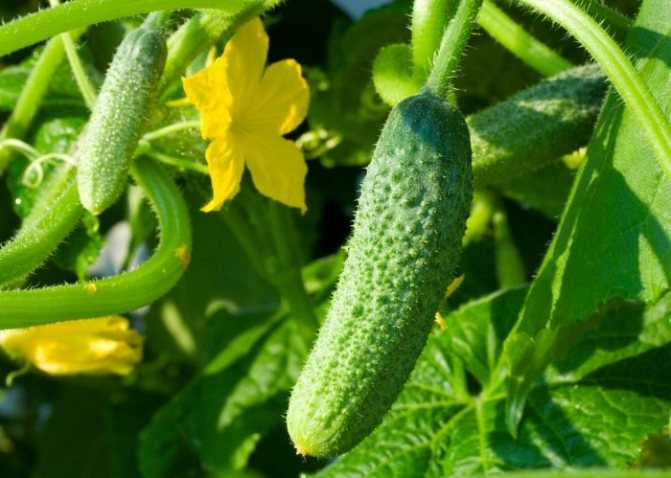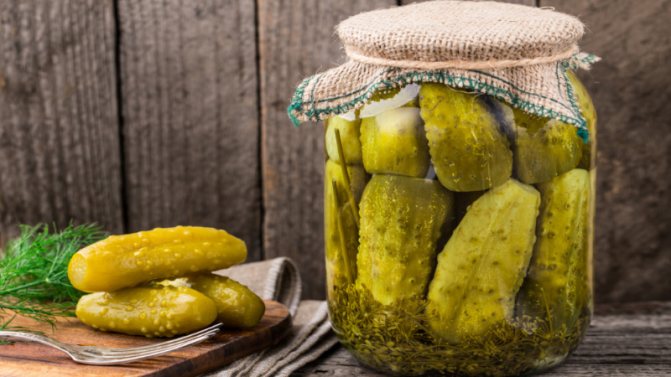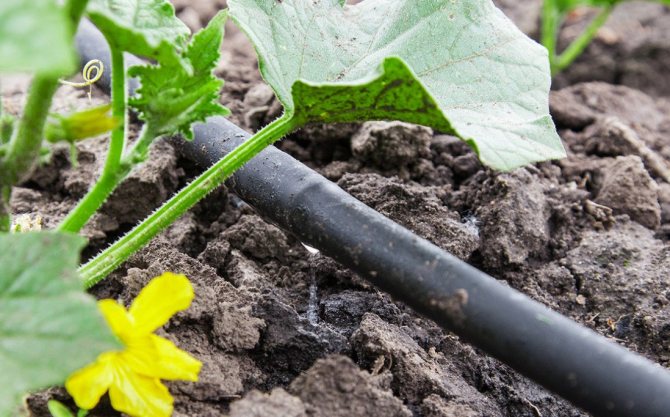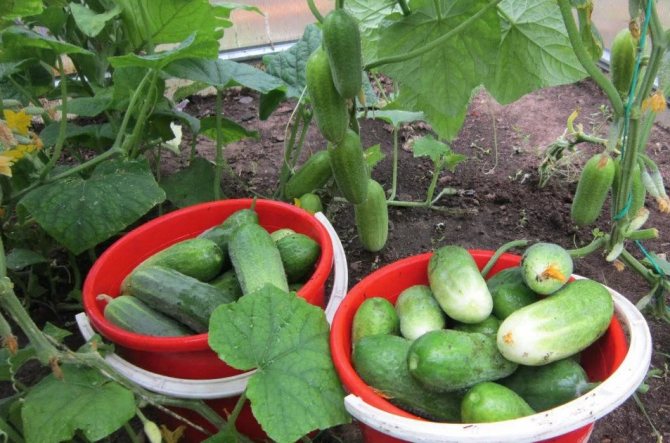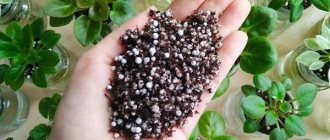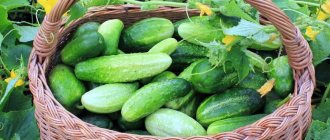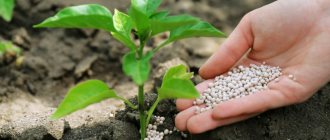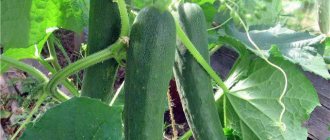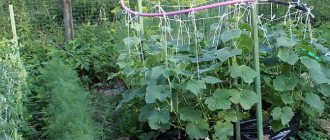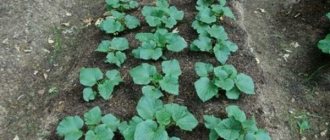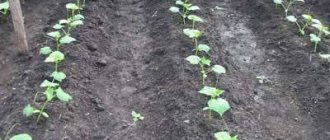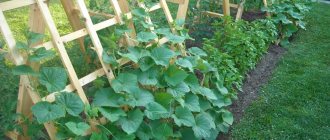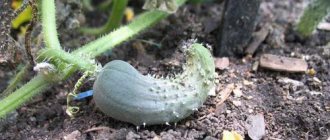Why pickles get soft
Sometimes, you open a jar, take out a cucumber, and it literally falls apart in your hands. The question immediately arises: why do vegetables become soft when salted? It is impossible to answer this question unequivocally: there can be many reasons.
Sterilization errors
Cucumbers are rolled up in cold and hot ways. They are salted, fermented, pickled. When preserving in glass jars, it is important to adhere to some rules.
The first rule is thoroughly washed vegetables and properly processed containers.
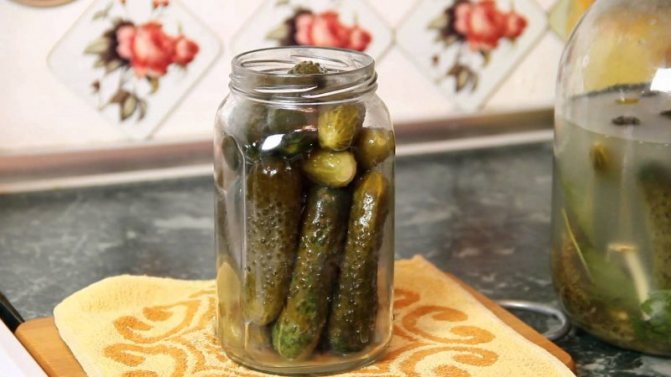
The second is the heat treatment mode.
The slightest violation of the sterilization technology can lead to the following problems:
- swollen lids;
- clouding of brine;
- violation of the structure of the fruit;
- change in the taste of salting.
Errors that inexperienced housewives make when preserving:
- Dirty containers or vegetables, non-sterile lids.
- Violation of the temperature regime.
- Dishes unsuitable for sterilization.
- Wrapping cans after pasteurization.
Leakage violation
The next reason why pickles become soft in a jar is leakage. Air enters the resulting hole, and the preservation deteriorates.
This is due to a number of factors:
- poor quality preservation lids;
- faulty rolling key;
- loose seaming;
- mechanical damage during storage.
Attention! After twisting, turn the jar upside down to check for leaks. If air and liquid do not come out, then the roll is strong.
Exposure to pectolytic enzymes
Sometimes we notice a viscous mold on top of the brine. It occurs due to the ingress of molds into conservation. Under the influence of enzymes, protopectin (an insoluble substance in the cell walls of plants) is converted into pectin (a water-soluble substance) and pectic acid. As a result, the fruit becomes empty and soft inside.
If you notice a problem, do not rush to throw away the canning.
Take the following activities:
- Remove mold.
- Drain the brine.
- Season to taste.
- Boil for 3 minutes.
- Pour the brine into the jars and roll up with new sterile lids.
To improve the taste of the product, add spices containing tannins that fight fungi. These include oak bark and leaves, garlic, horseradish root.
Advice! To prevent the appearance of mold, dry mustard powder is sprinkled on top of the brine. You can also use grated horseradish. It will add firmness to the cucumbers.
Incorrect preparation of the brine
Brine preparation is one of the main points in conservation. Violation of technology leads to a change in taste and souring of the fruit.
Cooking errors:
- Little salt. To avoid this, put 1-1.5 tbsp. spoons per liter jar.
- Lack of vinegar. Add 70 g of vinegar to a three-liter jar.
- Use citric acid instead of vinegar.
- The use of iodized salt or "Extra".
- Fermentation during salting, that is, prolonged fermentation. The usual fermentation period is 3 days.
When salting, hot and cold methods of pouring the brine are used.
There are several nuances when preserving with cold water:
- Brine water is taken clean, purified or well.
- Use coarse salt. "Extra" and iodized negatively affect the taste and firmness of the fruit.
- A moderate amount of salt is added: 1-1.5 tbsp. spoons per liter of water.
- The hardness of the water should be medium. The soft liquid softens the cucumbers, while the hard liquid gives them the taste of iron.
- Choose the right spices. Leaves of black currant, horseradish, oak, cloves of garlic and dill inflorescences are suitable. Lovers of exotic add celery, basil, mint or marjoram.
Important! A large amount of garlic reduces the crunchiness of the fruit.
If you wish, you can cook lightly salted cucumbers. The principle of salting is the same as with conventional preservation, only the salting process takes place in 1-2 days. Such fruits are not stored for more than a week, they are eaten immediately. It happens that some of them become limp. The main reason for this is the lack of salt.
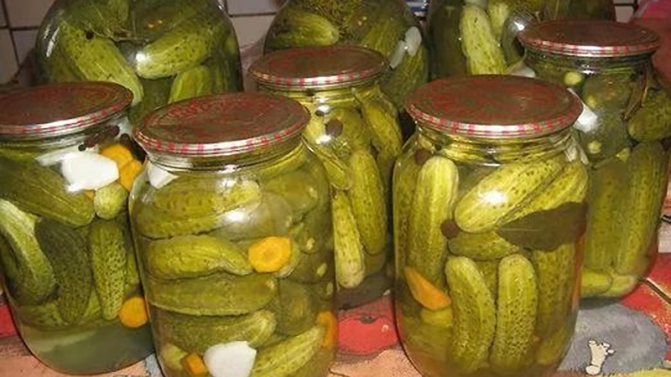

Mistakes when stacking cucumbers
When salting, they also pay attention to the laying of the fruits:
- Insufficient density of arrangement violates the ratio of brine and fruits and leads to the softness of the latter.
- In large containers, due to the increased pressure, the lower layers become soft. Therefore, it is better to use cans with a volume of up to 3 liters.
- The brine should cover the vegetables 3-4 cm above the surface.
- Fruits for conservation are selected of the same size.
Low-quality cucumbers
Good preservation can only be obtained from healthy and strong fruits. Unfortunately, sometimes vegetables appear on the beds, which quickly become soft.
There are several reasons for this:
- Improper nutrition of vegetables: excess nitrogen fertilizers.
- Insufficient watering: dry soil will negatively affect plants.
- Unfavorable weather conditions: heat, cold, lack of light.
It is impossible to use low-quality fruits for salting.
Consider the following factors when choosing vegetables:
- The fruit should be small. Gherkins are great.
- The skin should be free of yellow spots, with pimples.
- Fruits without damage with small seeds are suitable.
- Large or yellow cucumbers are not suitable for preservation.
Attention! Harvested vegetables are used within 24 hours.
Another reason for the softness of pickles is the wrong variety. For preservation, choose varieties with a thin skin and a high sugar content (for example, varieties Nezhinsky, Rodnichok).
Improper storage
Often, improper storage conditions for preservation lead to softening of cucumbers. At high temperatures in pickles, lactic acid is destroyed, which acts as a preservative. The fruits lose their taste and turn sour.
Important! The optimum storage temperature is up to +3 ° C. The best place is the cellar.
Failure to comply with the shelf life also negatively affects the taste. Any preparation should be consumed within 1-3 years.
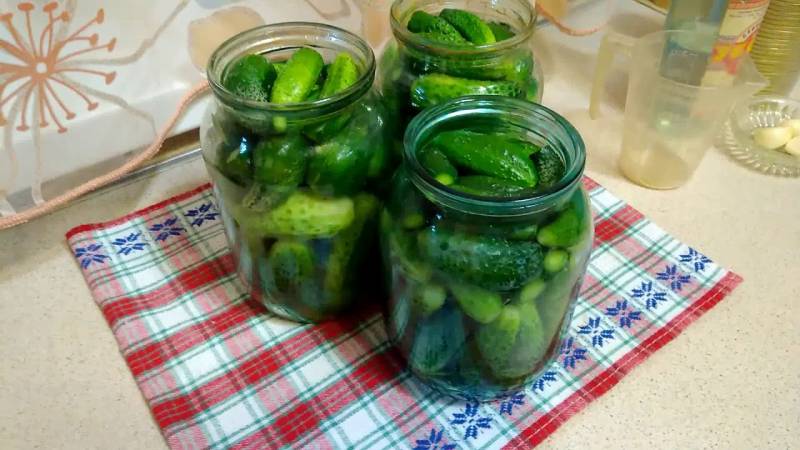

Mistakes when growing cucumbers
The quality of preservation is influenced by the presentation of the cucumbers. A good harvest from your own garden or bought on the market is suitable for delicious pickling.
Improper watering
Cucumbers love water, plantings need to be watered often, especially in dry years. Lack of moisture affects the appearance and taste of vegetables. Fruits that have been poorly watered will be bitter and empty on the inside. In jars, such a crop will be soft and shriveled.
Note! During the period of abundant fruiting, cucumber beds are watered every day. The water must be warm, otherwise the bush will get stressed and stop growing.
Improper feeding
To get a rich and tasty harvest, they take care of the quality of the soil. The land for the cucumber crop should be with a high degree of fertility. Before planting, organic fertilizers are applied in the form of manure or humus. During the growing season, the bushes are fertilized with mineral fertilizers every week. During the period of active fruiting, nitrogen fertilization is reduced, since it provokes hollowness in vegetables.
Important! It is necessary to apply not only nitrogen-phosphorus fertilizers to the soil, but also minerals such as magnesium, calcium, iron, molybdenum, boron, zinc. Useful elements are needed to form tasty fruits with high commercial quality.
Soil problems
For cucumber plants, a soil of neutral acidity is required. Vegetables grow better on clay soils. At the same time, the soil must be constantly loosened to ensure oxygen access to the roots and the favorable development of the shrub. The heavy and acidic composition is diluted with sand, ash, dolomite flour. The depleted substrate is enriched with organic matter.
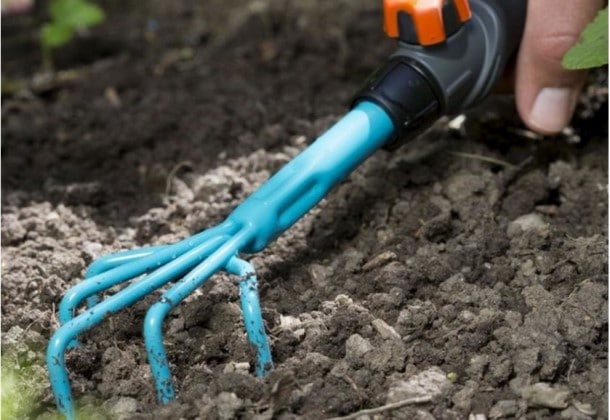

Loosening the soil around the bushes will open up oxygen access to the roots.
Temperature differences
Sharp changes in air temperature have a bad effect on the presentation of the fruit. In the open field, varieties that are resistant to temperature changes are grown; more delicate hybrids are kept in a greenhouse. In the daytime, do not forget to leave the greenhouse for airing.
Important! The difference between day and night temperatures should not exceed 5 ° C.
How to pickle cucumbers correctly
Each housewife has her own recipes. To get strong and crunchy canned fruits, follow these basic rules:
- They start with the preparation of the container. Banks are washed with a baking soda solution and steamed or fried in the oven.
- Freshly harvested strong fruits of the same size are taken for salting.
- Only pickled varieties are used.
- Before the procedure, the fruits are thoroughly washed and soaked in cold water for 4-6 hours.
- To prevent vegetables from losing their color during conservation, they are poured with boiling water before being placed in cold water.
There are two ways to prepare for the winter: salting and pickling. Consider how to pickle cucumbers without sterilization.
It is interesting:
How to prepare delicious pickled cucumbers with grape vinegar.
How to cook pickled cucumbers in a bag quickly and tasty.
Filling with hot mortar
The algorithm is simple:
- Spices are placed in a clean dish: horseradish leaf, 3 currant leaves, 3 garlic cloves, dill inflorescence, 2 oak leaves, 2 cherry leaves.
- Cucumbers are washed and placed tightly in jars.
- Dilute salt in cold water and pour vegetables so that the water is 3-4 cm higher. Take 1 tbsp per liter jar. a spoonful of salt with a slide.
- Leave to ferment for 3 days.
- Then the brine is drained and boiled for 2-3 minutes, constantly removing the foam.
- Cucumbers and spices are washed in running water and again tightly packed into jars.
- Poured with hot brine and immediately rolled up with iron lids.
Such blanks are well stored on shelves at home.
Important! If the summer is hot, then the cucumbers are sterilized before rolling. Three-liter cans stand for 5 minutes, liter cans for 2-3 minutes.
Cold workpiece
This requires:
- Prepare the container, wash the vegetables. Banks are not sterilized.
- A set of spices can be used from the first recipe, if desired, add basil, bay leaf, parsley.
- Add spices, cucumbers, salt (50 g per liter jar). Fill with cold water, close with plastic lids and immediately take out to a cool place.
Such blanks are stored only in the cellar or refrigerator.
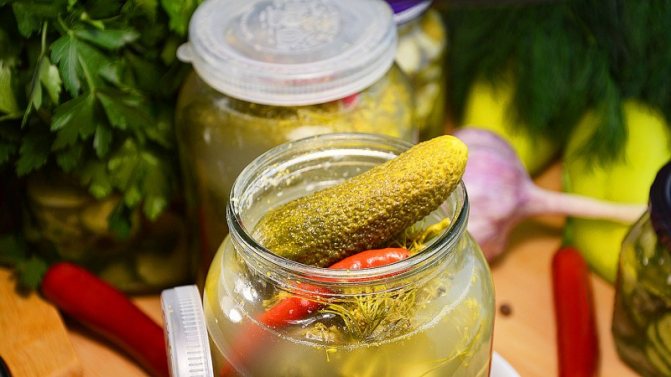

Pickling
These vegetables are prepared with vinegar and sterilized. The proportions of the brine in a three-liter jar: 70 g of 9% vinegar, 2 tbsp. tablespoons of sugar, 1 tbsp. a spoonful of salt.
Cooking method:
- We put the spices previously cut into large pieces in clean jars. Add cucumbers on top with a dense layer. Cover with lids, let stand for 2 hours, so that the vegetables absorb the aroma of herbs.
- Cooking the brine. We measure out the required amount of water, bring it to a boil. Dissolve the sugar and salt.
- Pour the brine into jars. We pasteurize liter cans for 5 minutes, three-liter cans - 10.
- Add vinegar to each jar and roll it up right away.
- Turn the blanks upside down and let cool.
Prevention measures
To prevent the formation of voids, it is necessary:
- Spray plants to prevent disease. Add 1 kg of cow dung to 3 liters of water.Insist for 3 days, strain and dilute to 6 liters.
- Do not over-fertilize with nitrogen fertilizers.
- Spray the soil and culture with a solution of potassium permanganate, which will help protect the cucumbers from viruses.
- Treat the bushes with water and sour milk (the proportions are the same).
If cucumbers grow in a greenhouse, they are treated with a formalin solution - for 1 m2 1 liter of 2% composition. The greenhouse is ventilated every evening and is kept open on wet and cloudy days.
Advice
Little secrets will improve the quality and taste of preservation:
- Add 3-5 mustard seeds or 1 tbsp. a spoonful of vodka. This will prevent the workpiece from ripping off the covers.
- Putting a piece of horseradish root on top of the jar can help prevent mold.
- A small piece of oak bark will make the fruit crispier.
- To make the cucumbers saline faster, cut the tails off them.
- To increase crunchiness, an aspirin tablet is added to the preservation.
- A teaspoon of mustard will make the vegetables crispy.
Advice! Do not put fruits of different sizes in the same jar. Large cucumbers are salted for a long time, small ones - quickly.
Common questions
- variety (special pickling varieties of cucumbers are recommended);
- fruit size (from 5 to 13 cm);
- degree of maturity (incomplete);
- the peel (lumpy, thick, preferably prickly);
- freshness (freshest);
- color (juicy, green);
- taste (non-bitter).
There are many reasons for getting soft and hollow pickles. Among them are improper selection and preparation of fruits, containers, saline solution, poor water quality, violation of the tightness of cans, temperature and timing of salting, as well as storage. They can affect separately or in combination, so it is important to exclude every negative factor.
Many people love pickled cucumbers, but not every housewife can properly prepare this dish. Vegetables often turn out to be soft, not crispy enough or, which is especially unpleasant, empty inside. The reasons for the appearance of voids in the middle of cucumbers, as well as how to avoid this problem, will be discussed in the review.
Recommendations from experienced housewives
To understand why salted fruits are soft, and to avoid the problem, the advice of experienced chefs will help:
Nina: “Pickled cucumbers become soft because moldy mushrooms get into conservation. I had this problem until I started using mustard powder. I add it before spinning, 1 teaspoon per three-liter jar. "
Peter: “The reason for the softness of pickles is the wrong variety. I choose the ones that are salted. I also add an aspirin tablet to the brine. "
Marya: “I've been closing cucumbers for a long time. I realized one thing: vegetables after pasteurization should cool quickly. I don't wrap them up. I use only young fruits for salting. "
Unbalanced nutrition
The main and most common reason that cucumbers grow empty is untimely feeding. Basically, this is an excess of nitrogen with a lack of phosphorus, potassium and calcium, as well as poor absorption of trace elements.
Secret # 1! Many gardeners are mistaken about mullein as the best fertilizer. This is not the case for cucumbers. At the stage of flowering and ovary, it is precisely the mineral nutritional components that are needed - potassium, calcium, phosphorus, magnesium, iron and many others.
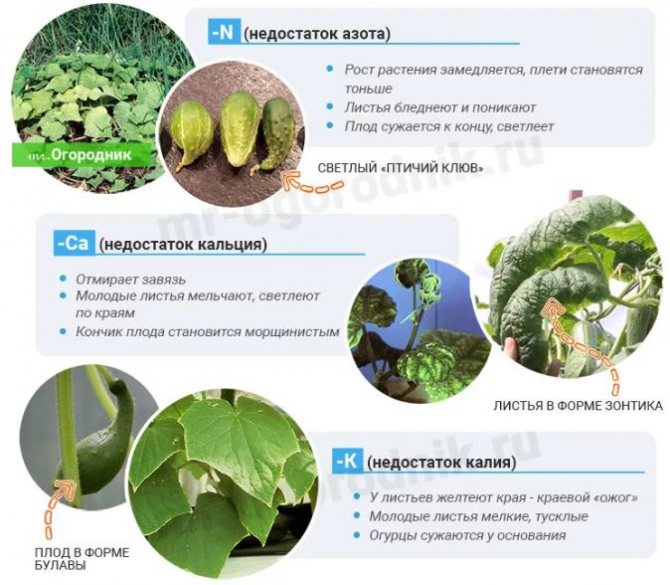

Important! Do not overfeed cucumbers with nitrogen. An overdose occurs even if, when digging for planting, more than 10 kg of manure per 1 sq. m, and then fed with urea (urea or ammonium nitrate).
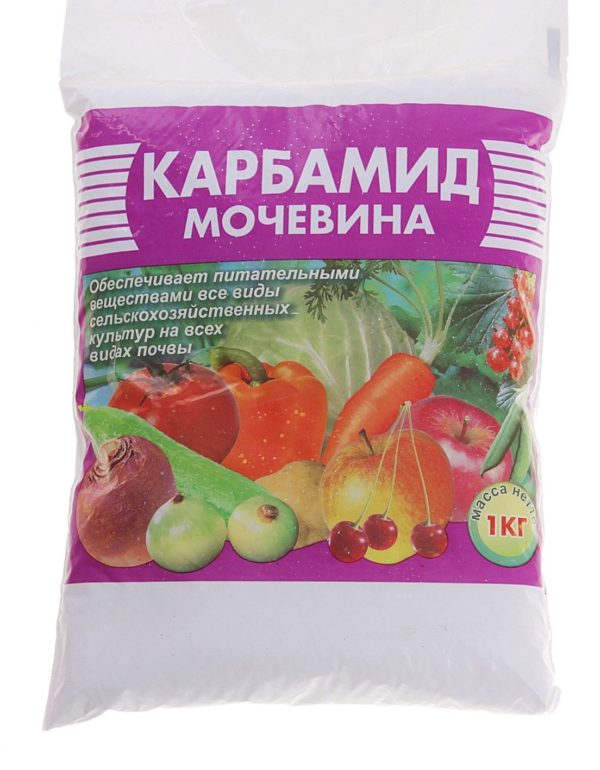

What to do? For digging during planting, it is better to add compost and wood ash.
You can use mineral fertilizers (complex, such as diammophoska, potassium monophosphate, pure, phosphoric - superphosphate, potassium - potassium sulfate or specialized, such as Acricola).
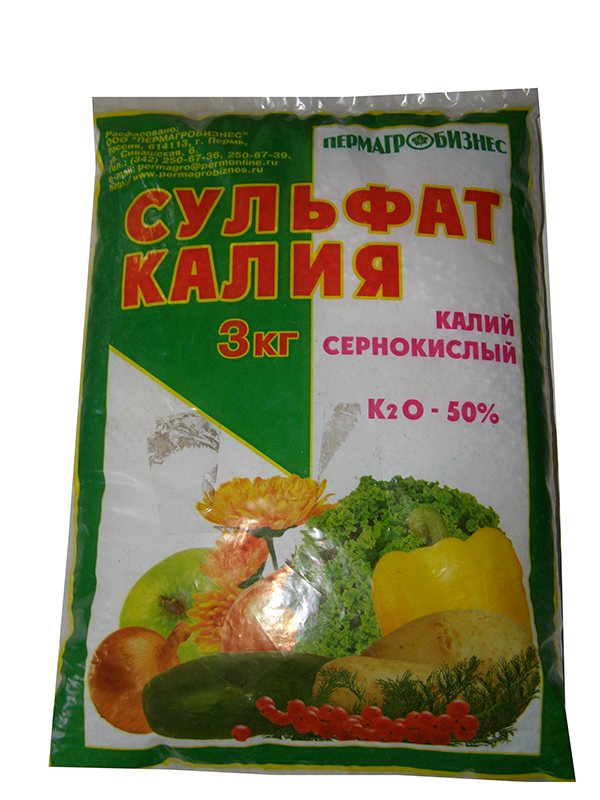

Important! Quickly correct the situation, you can carry out foliar feeding, i.e. spray cucumber bushes directly on the leaves.
Calcium is essential for the development of the root system.
Watch the video: How to help cucumbers with a lack of calcium and trace elements (in the case of the formation of voids inside the fruit)
Important! Lack of nutrients can lead to curvature and deformation of the fruit or yellowing of the edges of the leaves.
What are the mistresses making mistakes especially often?
Most housewives forget about the importance of the strength of the brine. This is the most common mistake when pickling cucumbers. Too low a concentration of salt in the solution will inevitably lead to softening of the cucumbers in the jar.
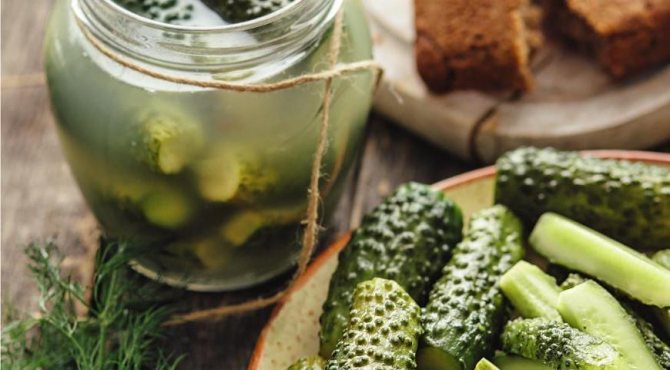

That is, to avoid this mistake, you need to make a home preservation solution with a concentration of 5-10%. The larger the cucumbers, the stronger the pickle should be. There is no need to be afraid to oversalt the cucumbers or interrupt the aroma and taste of the spices and herbs used with the concentration of the solution.
The second common mistake that leads to softening of cucumbers in jars is the lack of cleanliness of the dishes used, lids or the vegetables themselves.
Ads on NN.RU - Hobby
Selling g / l Head WorldCup, Sports shop, Austria. Size 165cm, radius 12m. Bindings 5-16. Excellent condition, the entire edging is preserved. Price: 30,000 rubles.
Cover author Valentina Chaplina Author Valentina Semenovna Chaplina Publication type Author's collection Type Printed book Publication format. Price: 270 rub.
I will buy antique icons for a private collection, enamel in any condition at a price of 50 to 800 thousand rubles, gold coins. Departure to the address. Price: 150,000 rubles.
Soloviev Leonid Vasilievich. Series "Oriental collection" (set of 3 books) Author Soloviev Leonid Vasilievich, Narodnoe. Price: 3 990 rub.
The trade had a massive accident: while trying to drive down the street, a large SUV demolished a number of parked ones.
The day before, we wrote about the disappearance of a 20-year-old girl, who, according to her relatives, could be in Nizhny Novgorod. But it looks like.
There is a real construction boom in Nizhny Novgorod. New houses appear in every district of the city, which will be rented out in the coming years.
A terrible find was discovered by residents of Dzerzhinsk near the city - the body of a dead man, which was frozen into the ice of the reservoir. To the place.

